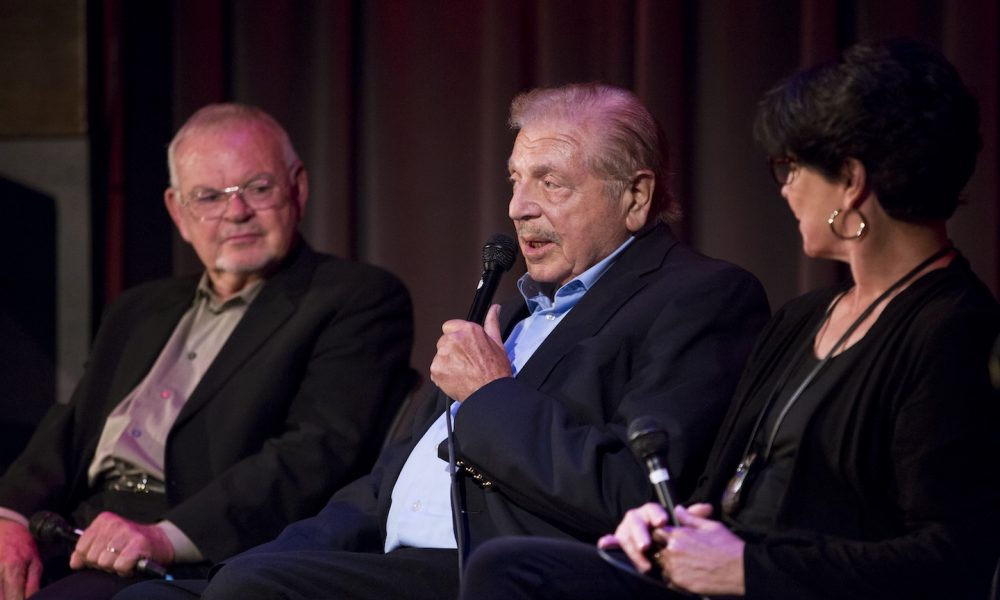Gene Cipriano, Revered Session Player With Frank Sinatra, Glen Campbell, Many More, Dies At 94
The woodwind and horn player also worked on dozens of classic TV and film soundtracks.

Gene Cipriano, the revered session musician and sometime member of the storied Wrecking Crew, who played on countless movie soundtracks and on classic recordings by Frank Sinatra, Glen Campbell, and so many others, has died at the age of 94. His death, reported yesterday (27) by the Hollywood Reporter, was on November 12 in Studio City, Los Angeles.
The woodwind and horn player, affectionately known as “Cip,” became hugely in demand as a multi-instrumentalist on saxophones, oboes, flutes, clarinets, piccolos, and the English horn. After moving from Los Angeles to New York, he was hired by Henry Mancini to play on the Peter Gunn soundtrack.
Their subsequent collaborations included such films as Days of Wine and Roses (1962) and Charade (1963). Other 1960s soundtracks on which Cipriano played included West Side Story, The Sandpiper, The Thomas Crown Affair, and The Wild Bunch. In the 1970s, he played on The French Connection, Marathon Man, and more recently, on 2009’s Up, and his TV credits included such prime properties as Star Trek, The Flintstones, Batman, M*A*S*H*, Kojak, Moonlighting, The Simpsons, Family Guy, and American Dad. He also played in the Academy Awards orchestra for more than half a century.
“Cip” supplied the plaintive oboe at the start of Sinatra’s vintage “It Was A Very Good Year,” as well as appearing on the Campbell classics “Wichita Lineman” and “By The Time I Get To Phoenix.” He was part of the group backing Elvis Presley on his 1968 comeback TV special for NBC, and recorded with Neil Diamond, Elton John, Helen Reddy, and Barry Manilow, among others.
Of his work with the Wrecking Crew, he told MakingLifeSwing.com: “It was a lot of fun because a lot of times the composer would say to the rhythm section, ‘Think of something wild that would fit this particular piece of music.’ They would think of something and then they’d ad lib and tell us what to play. Sometimes we’d make up music right on the spot.”
Adding his observations on what he had learned early in his remarkable career, “Cip” said: “Always be on time, never be late. Never talk over the composer and never laugh at any of the music. The composer is the boss, you have to respect them.”












